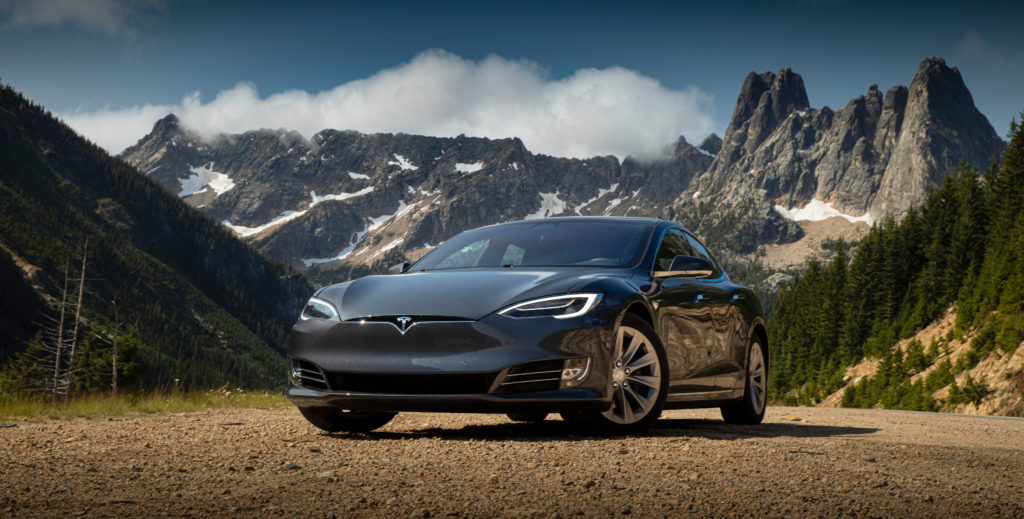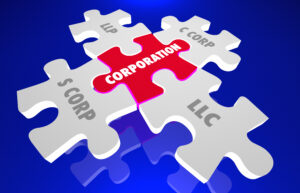Shareholders Pleased as Musk Decides Against Taking Tesla Private

The shareholders are pleased that Elon Musk decided against taking tesla private in what was sure to be a controversial move. Not wholly unlike several bold and surprising moves the worlds most famous entrepreneur has done in recent years. Tesla’s CEO Elon Musk recently created quite a stir after suggesting he was considering taking his car company private. Things got even more serious last week when Musk hired Morgan Stanley to advise him regarding such a bid.
However, news broke early Saturday morning that Musk had abandoned the idea. Although he said there was more than enough funding to do it, ultimately he decided against it because current shareholders asked him not to.
Investors surely had their reasons for wanting the company to stay public, including a very large tax bill if Tesla had gone private. Musk had said his idea would’ve been to allow current shareholders to remain invested if they wanted, via a special fund. He also said he would’ve offered $420 a share to those who wanted to sell.
That being said, if current shareholders would’ve stayed invested they would have had to sell their current shares and then purchase shares in the special fund. So what would the tax implications had been if that had happened? Any investors that made a profit from selling those shares would’ve been taxed no matter what they did with the money.
For investors that got in at the beginning a hefty tax bill would have awaited them. Consider that when the company first went public it opened at a price of $19 a share. The stock has since climbed to a current rate in the neighborhood of $340 a share. For someone that originally invested $10,000, that would now be worth close to $179,000 at the current share price. With the top capital gains tax rate at 20 percent, that’s a $33,800 tax bill.
But shareholders are breathing a sigh of relief knowing they won’t have to pay that price, at least for now.
About Tesla (from Wikipedia) Founded in July 2003 by Martin Eberhard and Marc Tarpenning, the company’s name is a tribute to inventor and electrical engineer Nikola Tesla. In February 2004, via a $6.5 million investment, X.com co-founder Elon became the largest shareholder of the company and its chairman. He has served as CEO since 2008.
According to Musk, the purpose of Tesla is to help expedite the move to sustainable transport and energy, obtained through electric vehicles and solar power. Began production of its first car model, the Roadster sports car, in 2009. This was followed by the Model S sedan in 2012, the X SUV in 2015, the Model 3 sedan in 2017, and the Y crossover in 2020.
The Model 3 is the all-time best-selling plug-in electric car worldwide, and, in June 2021, became the first electric car to sell 1 million units globally. Tesla’s global sales were 936,222 cars in 2021, a 87% increase over the previous year, and cumulative sales totaled 2.3 million cars at the end of 2021. In October 2021, Tesla’s market capitalization reached $1 trillion, the sixth company to do so in U.S. history.
We hope you found this article about “Shareholders Pleased as Musk Decides Against Taking Tesla Private” helpful. If you have questions or need expert tax or family office advice that’s refreshingly objective (we never sell investments), please contact us or visit our Family office page or our website at www.GROCO.com. Unfortunately, we no longer give advice to other tax professionals gratis.

To receive our free newsletter, contact us here.
Subscribe to our YouTube Channel for more updates.
Considerately yours,
GROCO, GROCO Tax, GROCO Technology, GROCO Advisory Services, GROCO Consulting Services, GROCO Relationship Services, GROCO Consulting/Advisory Services, GROCO Family Office Wealth, and GROCO Family Office Services.

Alan L. Olsen, CPA, Wikipedia Bio

Proud sponsor of the AD Show.

Tax S-corporation
Saving Taxes with an S Corporation An S corporation election allows the shareholders to preserve the benefit of limited liability for the corporate form while at the same time being treated as partners for federal income tax purposes. Ever wondered why so many small businesses operate as an S corporation? Simple. An S corporation saves…
Sec1045 Partnerships
Sec1045 Partnerships This document contains final regulations relating to the application of section 1045 of the Internal Revenue Code (Code) to partnerships and their partners. These regulations provide rules regarding the deferral of gain on a partnership’s sale of qualified small business stock (QSB stock) and a partner’s sale of QSB stock distributed by a…
Sec179 Businessequipment
Updated: 11/12/10 Most new business equipment can be either depreciated over its useful life or expensed immediately under Internal Revenue Code Section 179. The maximum deduction is based on the following schedule for the date in which the tax year begins. Each 1040, whether Single or Joint, is limited to one maximum. 179 expenses passed…
Sec1244 Small Business Stock Sales
Sec1244 Small Business Stock Sales Section 1244 of the Internal Revenue Code, the small business stock provision, was enacted to allow shareholders of domestic small business corporations to deduct as ordinary losses, losses sustained when they dispose of their small business stock. In order to receive this beneficial treatment, the Code prescribes specific requirements for:…



